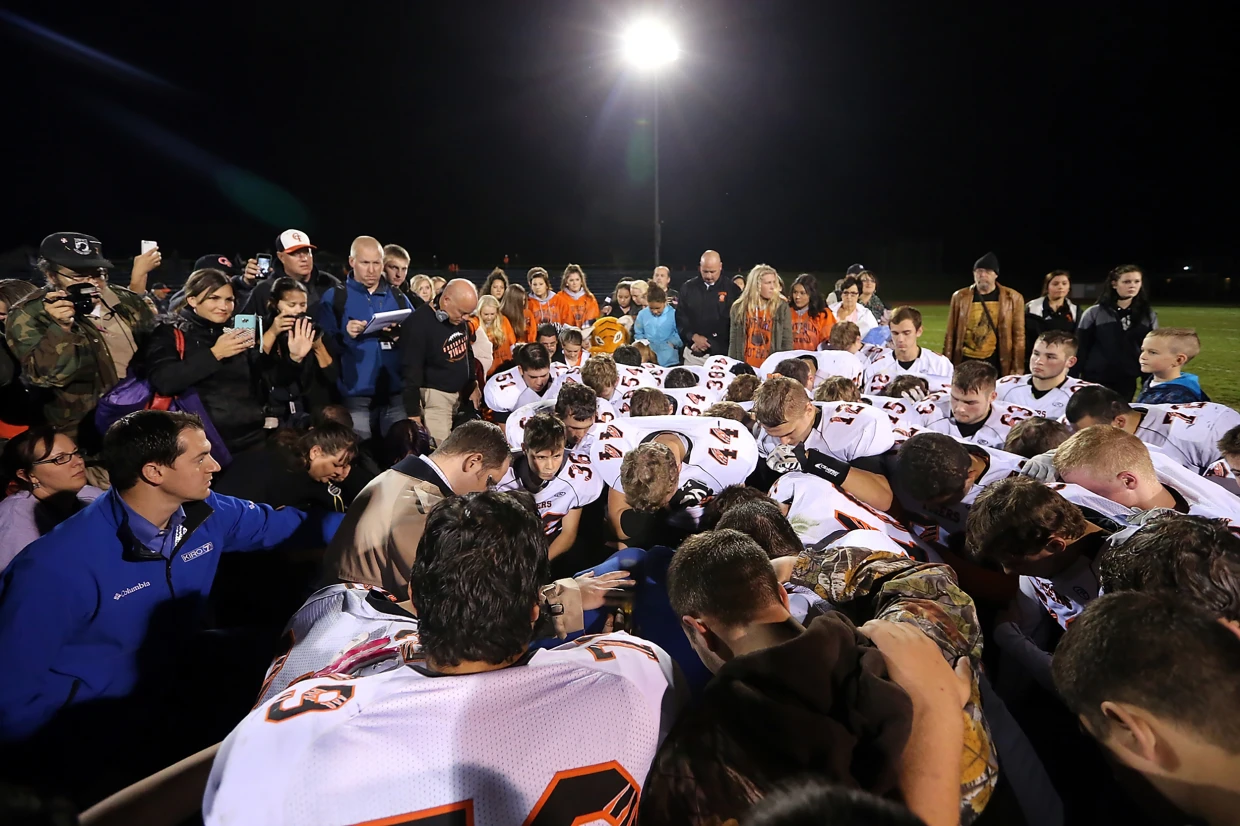
What can we do to help? I have been giving talks about teaching about religion and the experience of religious minorities in America for more than a year. That question came up sporadically before the election campaigning began in earnest. Now, I get the question every time.
Like I, people I meet are worried and even frightened about the growing vitriol in our country toward people of color, immigrants, Jews and Muslims. I wrote about the hope I had before the election results came in. I still retain hope in the face of increasing news reporters about harassment of minorities in schools and communities.
But what can we do to counteract the messages of hate, line the ones in a video featuring white supremacist Richard Spencer pronouncing Hail, Trump as listeners flashed Nazi-era salutes?
I know many people are sending donations to groups that fight bigotry, such as the Southern Poverty Law Center, the ADL and Facing History & Ourselves. Yes, that is a powerful statement.
But we can also look around in our own communities. Do we make attempts to learn about each others’ religions and cultures? The Daughters of Abraham, a multi-faith book club I mentioned previously, recently posted a statement I’d like to share in its entirety here. It is a call to action:
We invite you to Join us in this endeavor.”
This is just one way to get involved if we believe something is amiss in our country. I’ve been a member of one of the group’s book clubs for three years. It’s not a one-time deal, like sending in a donation. In a way, a group like this is perhaps like preaching to the chorus, and yet I believe we become better emissaries because we can speak with more knowledge about different faiths to those we meet.
I realize this is a book club for women only. Men could form the same sort of club. Religious organizations could as well. And then there is the simple act of reading books on our own to better equip ourselves to respond to ignorance-fueled prejudice. Beacon Press recently compiled a post-election reading list meant to “inspire action, find meaning and learn from our history.” It’s an impressive list that includes many topics dominating the news at the moment.
No matter where we stand politically, it’s hard to deny that the election of Trump has changed civil discourse in America. It’s hard to deny that some Americans feel more empowered to express hate for those they consider the ‘other.’
So what can we do? We can be sure, most of all, that we do not stay silent in the face of bigotry. We can be upstanders, not bystanders, when we hear racist, anti-Semitic or Islamophobic comments.
We can also hold discussions in our communities. Earlier this year, my town, like dozens around the country, held a screening of a Not In Our Town documentary about how a community joined forces to battle hate. It was standing room only as we watched a film about the Sikh temple shooting in Wisconsin. Afterward, a relative of one of the shooting victims spoke about what he did to educate others about Sikhism and also unite people in his community.
I’m writing this as I’m about to head to Washington, D.C., and Baltimore for two book events. The first event, tomorrow at 2 p.m., in Washington, D.C., is a panel discussion on creating a world religions course for the National Council of the Social Studies. The second event is a solo talk, open to the public, at the Baltimore Hebrew Congregation on Saturday. I suspect someone will ask, “What can we do?” I don’t have one set answer. There isn’t one. But I know this. We can’t sit idle.
Thanks, as always, for reading.
Linda




